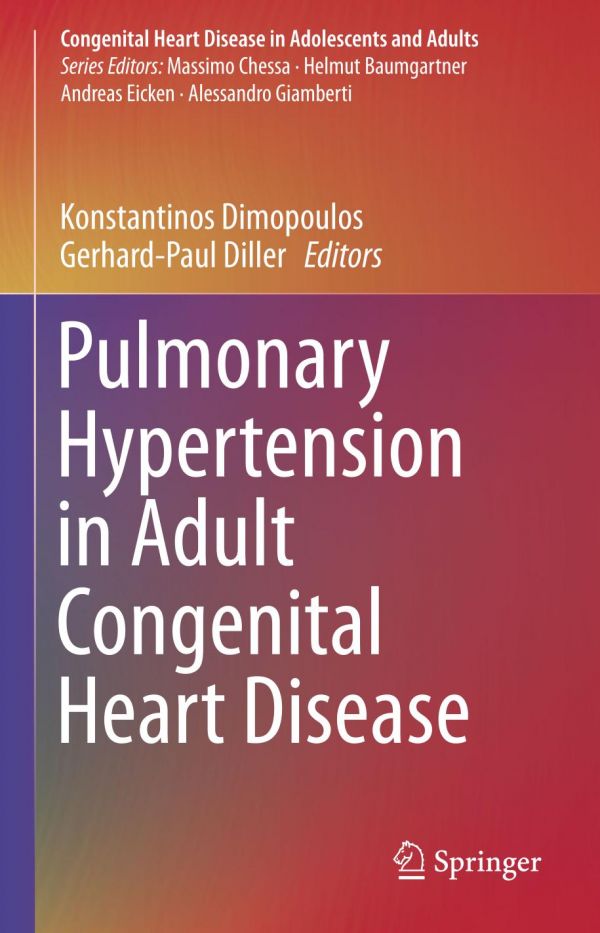

Most ebook files are in PDF format, so you can easily read them using various software such as Foxit Reader or directly on the Google Chrome browser.
Some ebook files are released by publishers in other formats such as .awz, .mobi, .epub, .fb2, etc. You may need to install specific software to read these formats on mobile/PC, such as Calibre.
Please read the tutorial at this link: https://ebookbell.com/faq
We offer FREE conversion to the popular formats you request; however, this may take some time. Therefore, right after payment, please email us, and we will try to provide the service as quickly as possible.
For some exceptional file formats or broken links (if any), please refrain from opening any disputes. Instead, email us first, and we will try to assist within a maximum of 6 hours.
EbookBell Team

0.0
0 reviewsThis book is intended as a comprehensive, practically oriented reference on pulmonary hypertension within the context of adult congenital heart disease (ACHD). After an introductory chapter on pathophysiology, the various types of pulmonary hypertension that may be encountered in ACHD are discussed, highlighting the specifics observed within different patient categories. The diagnostic approach is then addressed in detail, and the last section of the book is devoted to management options, from conservative approaches to interventional treatment and the concept of treat and repair. Management in specific patient subjects, such as pregnant women, Fontan patients, and Down syndrome patients with Eisenmenger syndrome, is fully discussed, and guidance is also provided on palliative care.
Pulmonary arterial hypertension related to congenital heart disease (PAH-CHD), despite significant similarities in lung pathohysiology, differs significantly from other types of PAH in terms of mechanism of onset, natural history and management. Mistakes and pitfalls in the management of patients with PAH-CHD are often related to a lack of knowledge or expertise in this condition. Pulmonary Hypertension in Adult Congenital Heart Disease will be a valuable resource and learning tool for all who care for patients with ACHD, both in tertiary practice and general cardiology.